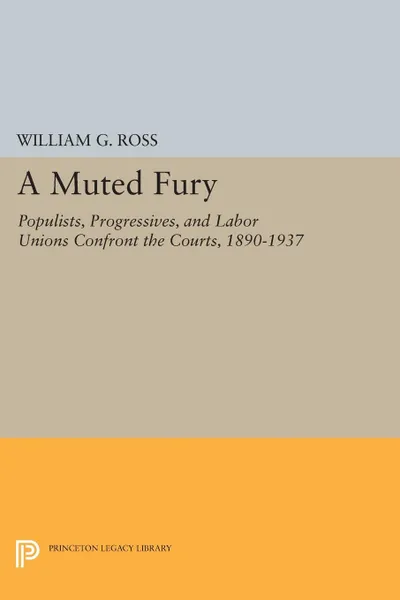A Muted Fury. Populists, Progressives, and Labor Unions Confront the Courts, 1890-1937 12+
📙 For half a century before 1937, populists, progressives, and labor leaders complained bitterly that a "judicial oligarchy" impeded social and economic reform by imposing crippling restraints on trade unions and nullifying legislation that regulated business corporations. A Muted Fury, the first study of this neglected chapter in American political and legal history, explains the origins of hostility toward the courts during the Progressive Era, examines in detail the many measures that antagonists of the judiciary proposed for the curtailment of judicial power, and evaluates the successes and failures of the anti-court movements.Tapping a broad array of sources, including popular literature and unpublished manuscripts, William Ross demonstrates that this widespread fury against the judiciary was muted by many factors, including respect for judicial power, internal divisions among the judiciary's critics, institutional obstacles to reform, and the judiciary's own willingness to mitigate its hostility toward progressive legislation and labor. Ross argues that persistent criticism of the courts influenced judicial behavior, even though the antagonists of the courts failed in their many efforts to curb judicial power. The book's interdisciplinary exploration of the complex interactions among politics, public opinion, judicial decision-making, the legislative process, and the activities of organized interest groups provides fresh insights into the perennial con...
Мнения
